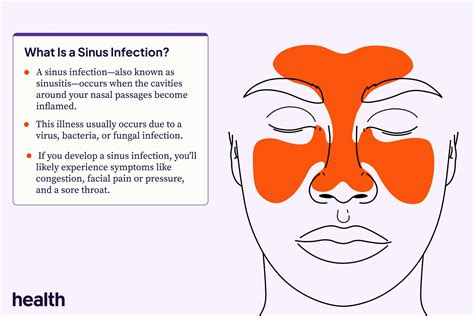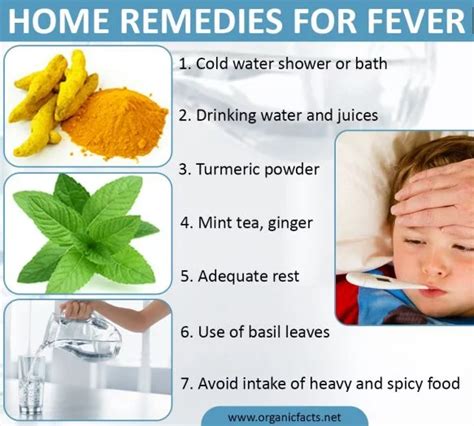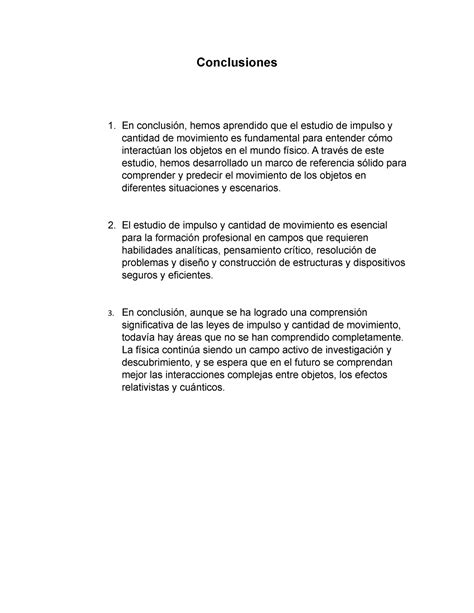Intro
Find effective sinus infection medication relief with antibiotics, decongestants, and pain relievers, alleviating congestion, headaches, and facial pressure, for fast recovery from sinusitis symptoms.
Sinus infections are a common health issue that affects millions of people worldwide. The condition occurs when the sinuses, which are air-filled cavities in the skull, become inflamed or infected. This can cause a range of symptoms, including congestion, headaches, facial pain, and difficulty breathing. Fortunately, there are various sinus infection medication relief options available to help alleviate these symptoms and promote recovery.
Sinus infections can be caused by a variety of factors, including viral or bacterial infections, allergies, and environmental factors such as pollution and climate change. The condition can be acute or chronic, with acute sinusitis lasting for a short period of time and chronic sinusitis persisting for several weeks or even months. Regardless of the cause or duration, sinus infections can have a significant impact on a person's quality of life, making it essential to seek medical attention and explore available treatment options.
The importance of seeking medical attention for sinus infections cannot be overstated. If left untreated, the condition can lead to complications such as meningitis, brain abscess, or osteomyelitis. Furthermore, sinus infections can also exacerbate underlying health conditions such as asthma or chronic obstructive pulmonary disease (COPD). By seeking medical attention, individuals can receive an accurate diagnosis and develop an effective treatment plan to manage their symptoms and prevent long-term damage.
Sinus Infection Symptoms and Diagnosis

Sinus infection symptoms can vary depending on the individual and the severity of the condition. Common symptoms include congestion, headaches, facial pain, and difficulty breathing. In some cases, individuals may also experience fever, fatigue, and a cough. To diagnose a sinus infection, healthcare professionals will typically perform a physical examination and take a medical history. They may also use imaging tests such as X-rays or CT scans to visualize the sinuses and confirm the diagnosis.
Types of Sinus Infections
There are several types of sinus infections, including acute sinusitis, chronic sinusitis, and subacute sinusitis. Acute sinusitis is the most common type and typically lasts for a short period of time. Chronic sinusitis, on the other hand, is a long-term condition that can persist for several weeks or even months. Subacute sinusitis is a type of sinus infection that falls between acute and chronic sinusitis in terms of duration.Treatment Options for Sinus Infections

There are various treatment options available for sinus infections, including medication, surgery, and alternative therapies. Medications such as antibiotics, decongestants, and pain relievers can help alleviate symptoms and promote recovery. In some cases, surgery may be necessary to drain the sinuses or remove any blockages. Alternative therapies such as nasal irrigation and steam inhalation can also help relieve congestion and promote healing.
Medications for Sinus Infections
Medications play a crucial role in the treatment of sinus infections. Antibiotics are commonly prescribed to treat bacterial sinus infections, while decongestants and pain relievers can help alleviate symptoms such as congestion and headaches. It is essential to follow the prescribed treatment plan and complete the full course of medication to ensure effective treatment and prevent the development of antibiotic resistance.Home Remedies for Sinus Infections

In addition to medication and surgery, there are several home remedies that can help alleviate sinus infection symptoms. These include nasal irrigation, steam inhalation, and the use of humidifiers. Nasal irrigation involves rinsing the nasal passages with a saline solution to remove any debris or mucus. Steam inhalation can help loosen and clear mucus, while humidifiers can add moisture to the air and relieve congestion.
Natural Remedies for Sinus Infections
There are also several natural remedies that can help alleviate sinus infection symptoms. These include the use of eucalyptus oil, peppermint oil, and ginger. Eucalyptus oil has natural decongestant properties, while peppermint oil can help thin mucus and promote drainage. Ginger has anti-inflammatory properties and can help reduce pain and inflammation.Prevention of Sinus Infections

Prevention is key when it comes to sinus infections. There are several steps that individuals can take to reduce their risk of developing a sinus infection. These include practicing good hygiene, avoiding close contact with individuals who have a cold or flu, and avoiding allergens and irritants. Additionally, individuals can take steps to promote sinus health, such as staying hydrated, using a humidifier, and avoiding smoking.
Complications of Sinus Infections
If left untreated, sinus infections can lead to complications such as meningitis, brain abscess, or osteomyelitis. Furthermore, sinus infections can also exacerbate underlying health conditions such as asthma or COPD. It is essential to seek medical attention if symptoms persist or worsen over time.Conclusion and Next Steps

In conclusion, sinus infections are a common health issue that can have a significant impact on a person's quality of life. By understanding the symptoms, diagnosis, and treatment options, individuals can take steps to manage their condition and prevent long-term damage. It is essential to seek medical attention if symptoms persist or worsen over time, and to follow the prescribed treatment plan to ensure effective treatment and prevent the development of antibiotic resistance.
We invite you to share your experiences and ask questions about sinus infections in the comments below. Additionally, if you found this article helpful, please share it with others who may be struggling with sinus infections.
What are the common symptoms of a sinus infection?
+Common symptoms of a sinus infection include congestion, headaches, facial pain, and difficulty breathing. In some cases, individuals may also experience fever, fatigue, and a cough.
How are sinus infections diagnosed?
+Sinus infections are typically diagnosed through a physical examination and medical history. Imaging tests such as X-rays or CT scans may also be used to visualize the sinuses and confirm the diagnosis.
What are the treatment options for sinus infections?
+Treatment options for sinus infections include medication, surgery, and alternative therapies. Medications such as antibiotics, decongestants, and pain relievers can help alleviate symptoms and promote recovery. In some cases, surgery may be necessary to drain the sinuses or remove any blockages.
